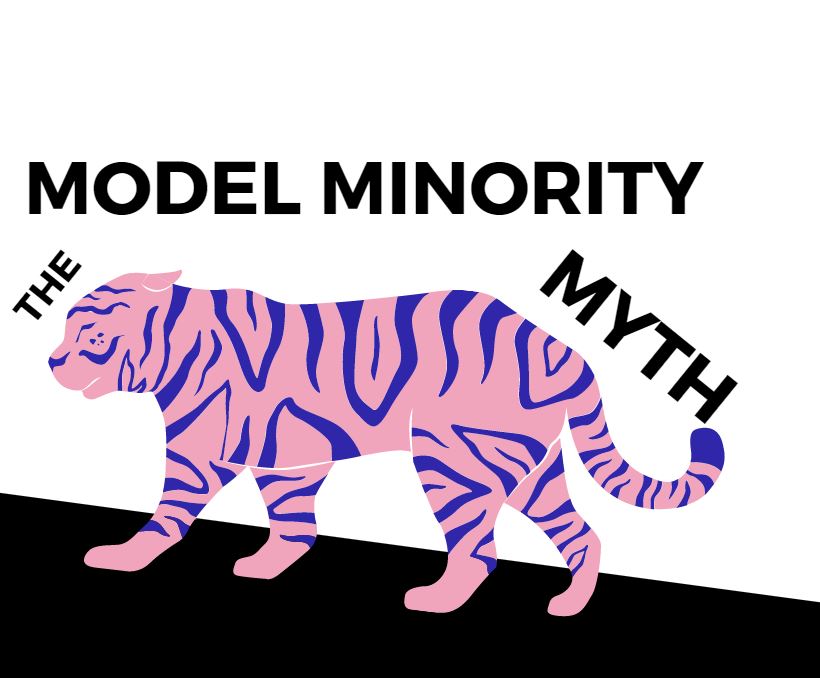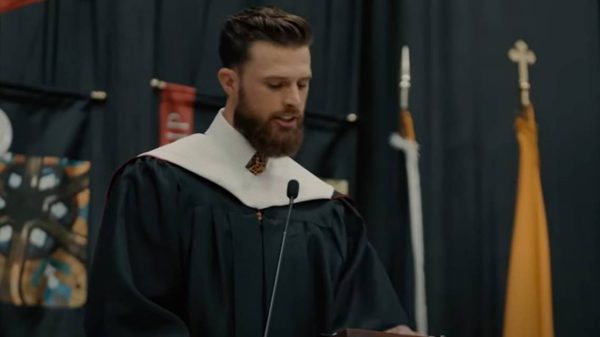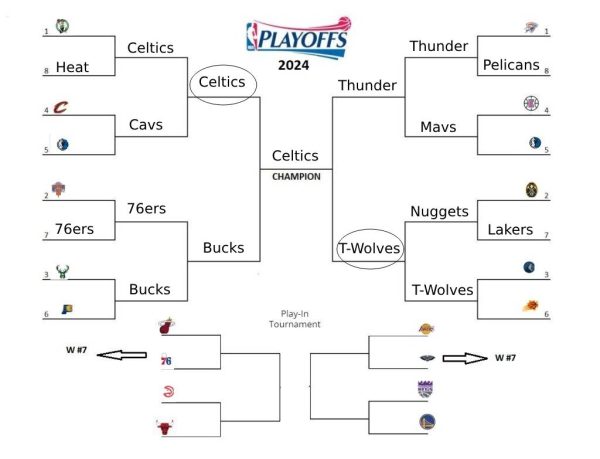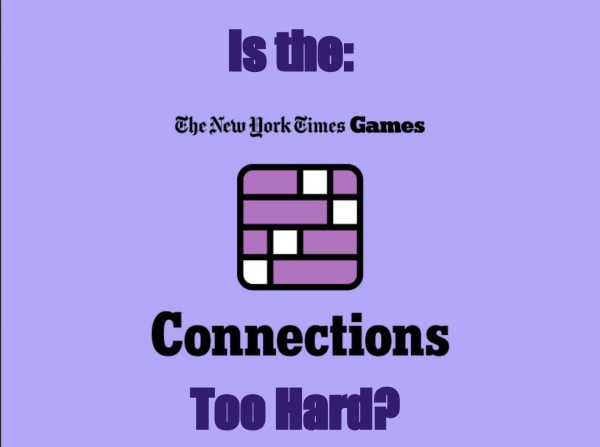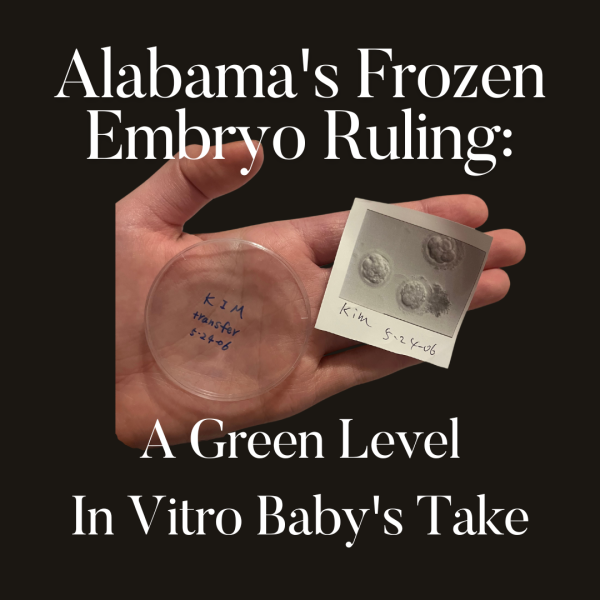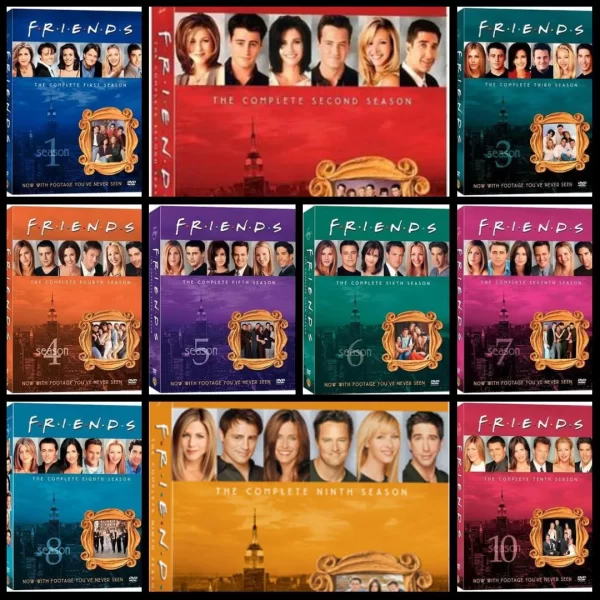The Model Minority Myth Hurts
When I was in middle school, I overheard my table partner tell his friend, “I totally got the best seat next to this Asian girl, I can just cheat off of her now.” It wasn’t clear whether he was referring to me or another Asian girl in one of his other classes, but what was clear was that he was perpetuating the stereotype that all Asians are smart. He was playing into “the model minority” myth.
The model minority myth portrays Asian-Americans as a group within the United States that has a higher socioeconomic status than the average population. It lives within stereotypes like “all Asian American kids are ‘whiz kids.’ They are polite, obedient, and hardworking, have strict “Tiger Moms,” and only hold positions in the STEM industry. William Wang, Green Level Sophomore says, “Easily, the stereotype exists, and it’s always usually tied to being smart or being good in a subject, usually math.” So just like the name suggests, Asian-Americans are often held up as an example minority for other minority groups.
So what’s the big problem? These stereotypes are perceiving Asian-Americans as successful, which is good right?
I do enjoy being called smart, hardworking, and successful–but not when it is merely based on the color of my skin. Even more, we as Asian Americans are always expected to demonstrate certain traits that can be hard to reach. “I’ve definitely had the expectation to be perfect because of my Asian heritage, not only by family and friends but I’ve subconsciously made myself to ‘fit’ within these stereotypes,” explains Adam Kashmola, Green Level Sophomore and Asian American Club attendee who is half-Chinese, half-Iraqi.
This expectation to be perfect is not only experienced by Kashmola, the issue is clear when you look at the mental health stigma within the Asian American community. The model minority myth glosses over the pressures and difficulties those with an Asian American identity may face. This has led to the mental health stigma within the Asian American community. In fact, Asian American college students more likely than all other groups to make a serious suicide attempt.
This myth also allows for ignorance of institutional racism against Asian Americans no matter if it was from the past or in the current day. It allows society to forget historical discrimination problems like the belief that the Chinese culture was “disgusting and vile,” which lead to the Chinese Exclusion Acts, or the use of Japanese Internment Camps during World War II. By generalizing all within this community into one stereotype we ignore Asian Americans who have or are facing problems like suicide, drugs, and poverty.
Even students at Green Level have faced countless racist remarks and stereotypes for being Asian American, and the myth has allowed that to be okay. Kashmola says, “I’ve been told I eat dogs, I’m ‘supposed’ to be good at school, [and people] wonder why I’m so dark for being Chinese,” further elaborating, “I feel like it’s because the idea of the model minority is so engraved into our culture that it’s just stuck in my head.”
But this model minority myth does not only negatively affect Asian-Americans. Its purpose was actually to be used to discriminate against African-Americans and to continue anti-blackness. By elevating Asian Americans and pointing out their high socioeconomic status, the myth suggests that African Americans should just work harder. The myth disregards and downplays racism that black people have faced and face in America. In the end, it creates tension between all people of color by describing Asians as something to strive towards, it separates people of color when we should be coming together.
Asian Americans are not all the same, each individual is unique, and we must stop treating the model minority myth as a truth when all it does is spread ignorance. We must acknowledge and raise awareness about embracing our own identities, not one that has been pushed on by people who easily disregard the struggles of all minorities. We can’t the model minority myth to silence our history and we can’t let it ruin our future. The myth gives us something to fight for and that is what we will do.
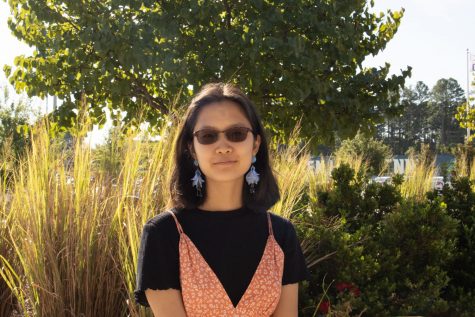
Aida is a senior who enjoys Miyazaki movies, spending time with loved ones, art, cooking, eating (all food but especially her mom’s Chinese food), and...


